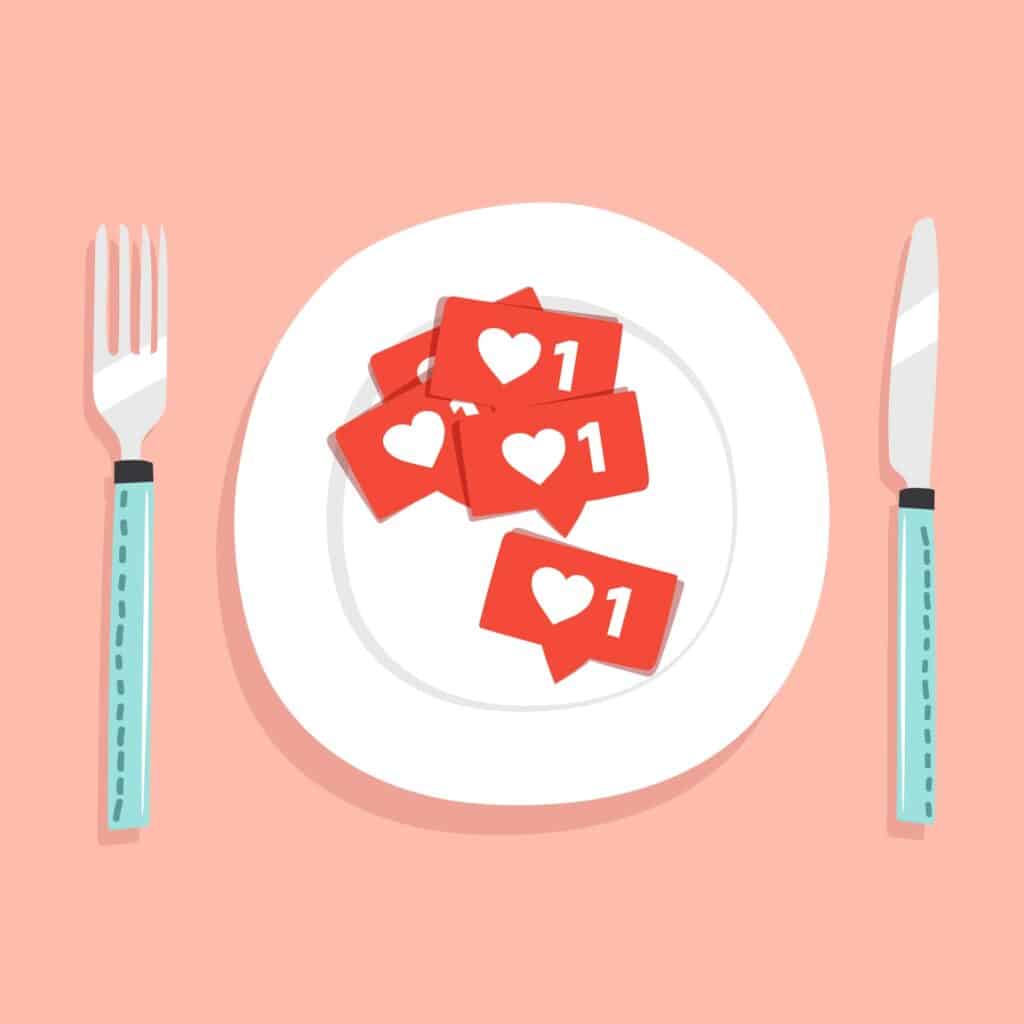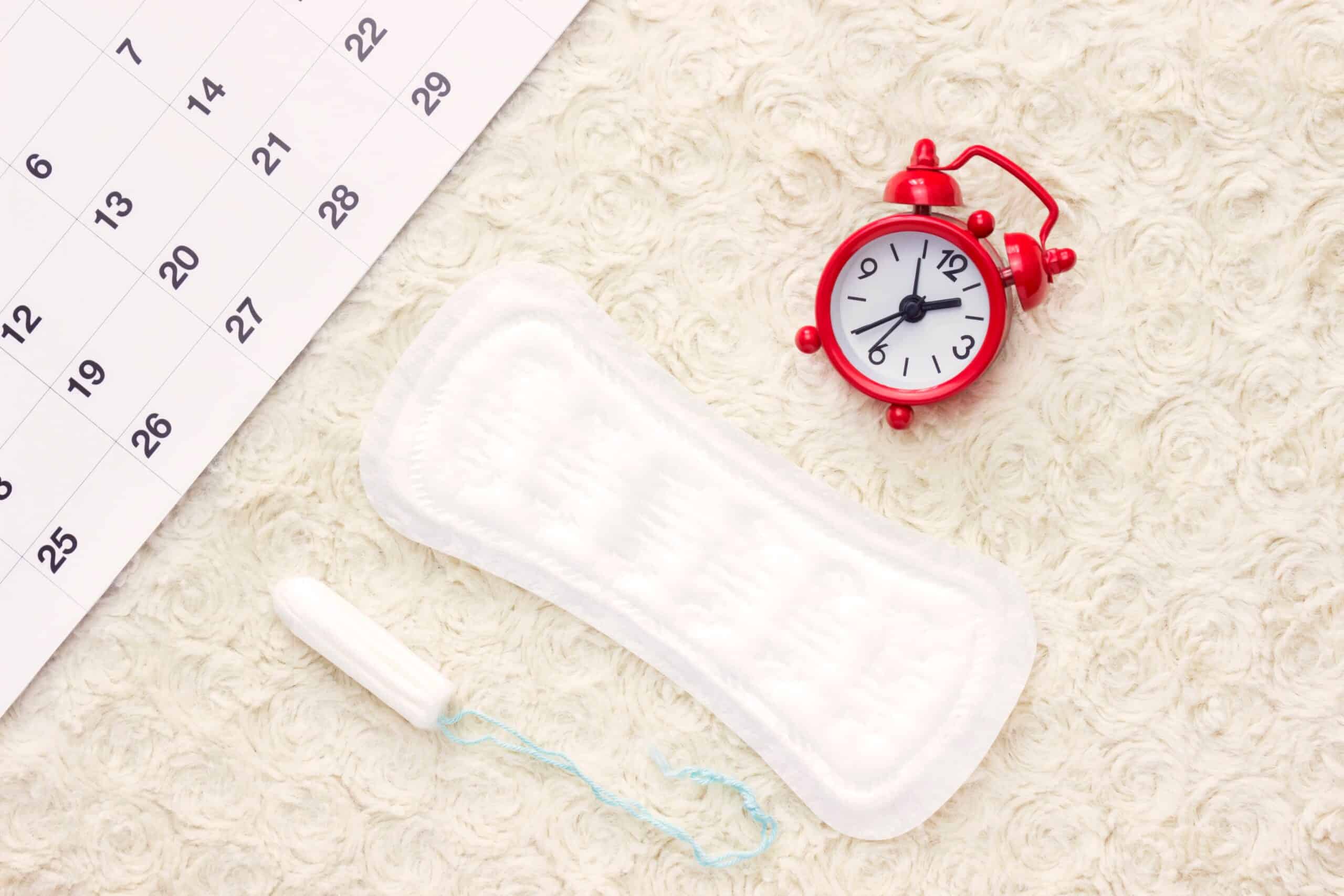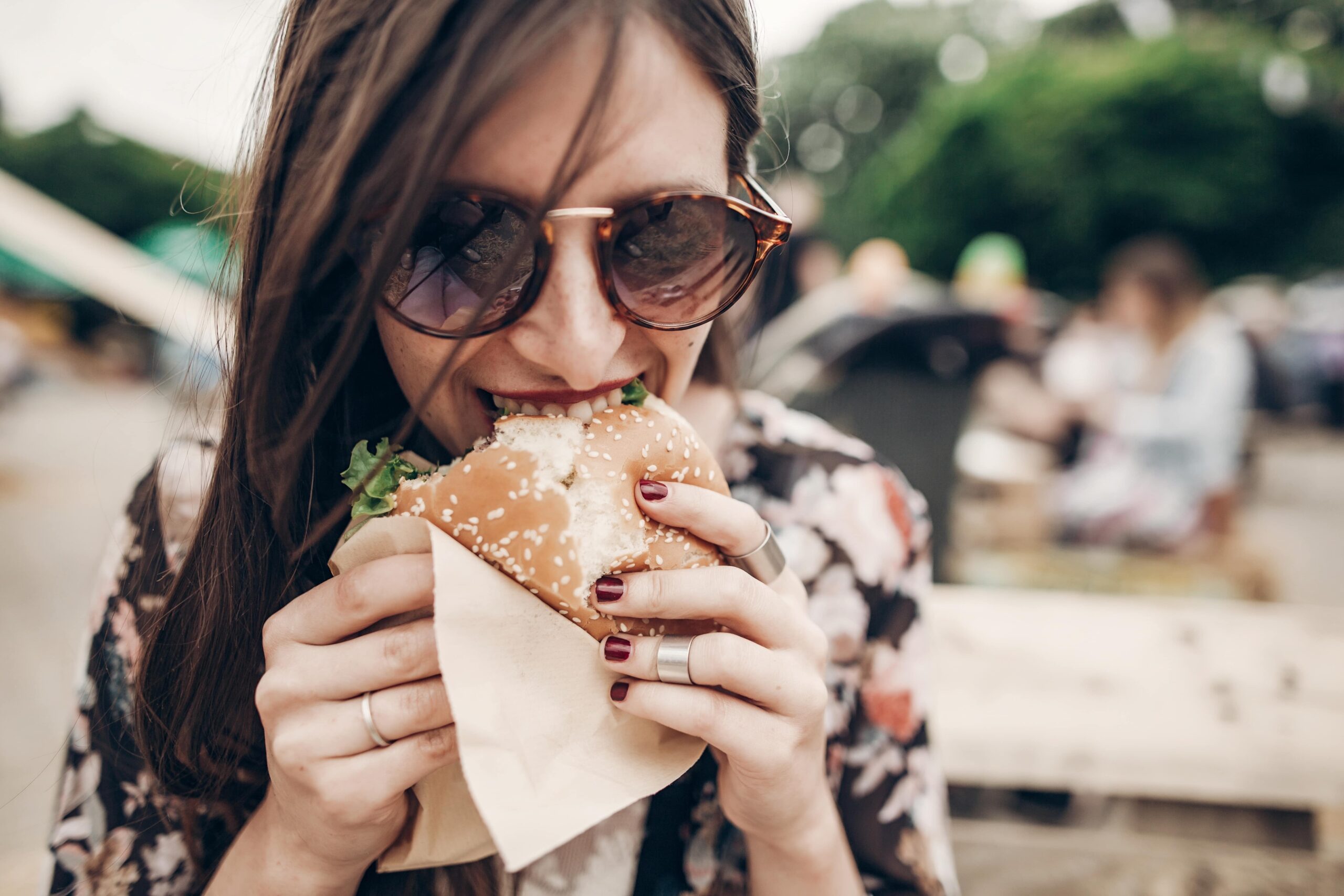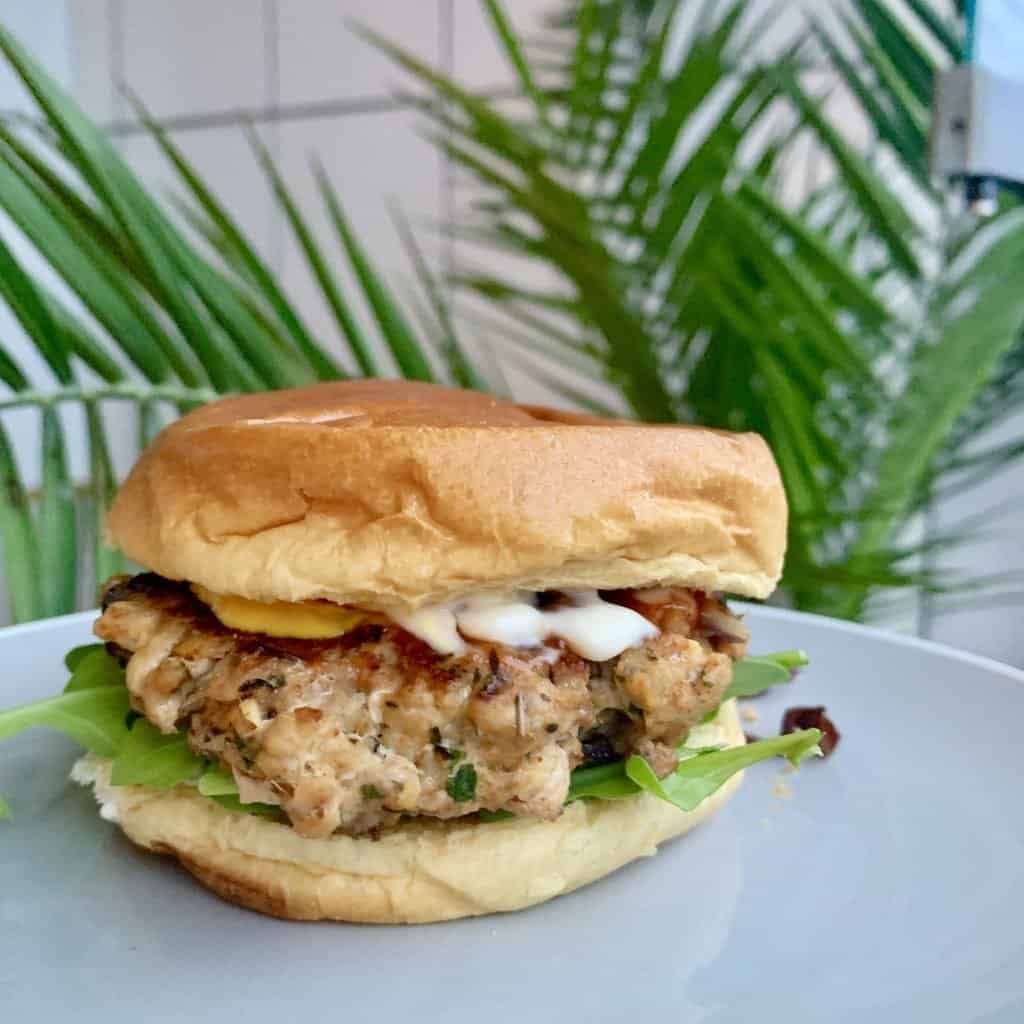Blog

How to cope with food comments
The impact food comments have on self-worth and four ways to tackle them
When having to eat at work, I’d turn my back and eat as quickly as physically possible. I’d hunch over my Tupperware container like a starved stray dog protecting its food from being stolen – except the only thing I was conscious of was the stolen glances from others. Heckles up, I readied myself to deflect “harmless” questions and comments on what I was eating.
Those harmless “is that all you’re eating?”, “should you be eating that?”, “that’s not very good for you, is it?”, “you can’t still be hungry!? can hit us like body slams.
In the space of the time it takes from plate to palette, we can come to internalize these comments and equivocate the portions on our plate with the proportions of our body.
Something as simple, innate, and natural as eating becomes complicated by the burden of socially conditioned expectations.
Why do food-related comments hurt so much?
Studies demonstrate that, as humans, we have an innate “negativity bias”. That is, we often learn from and use negative information far more than positive information or feedback [2]. Often, negative evaluations and expressions have a greater impact and are, therefore, more liable to cause behaviour changes in response and an increase in negative self-evaluation [1].
Research even goes so far to suggest that an increase in positive comments or the intensification of positive evaluations may not undo negative comments [1]. Consequently, within the context of eating and disordered eating, negative food comments have the potential to trigger self-destructive behaviours that may translate into restriction, food avoidance, binge eating, or purging.
While we can’t always control how we internalise those comments, we can try to change how we interpret them and control what type of talk we are willing and unwilling to accept to mitigate the damage.
Four Tips for Coping with Food Comments
Take the High Ground
As with most situations in which you need to take the moral high ground, it is always challenging but always worth it. In many situations comments made are deemed to quite “throw-away”, yet often have a lasting impact. Sometimes the way to cope with negative food comments is to cut them off (as politely as possible) and assert that you are not going to tolerate them.
For example:
Comment: “Are you sure you should be eating that?”
Response: “Yes, thanks! I know what is best for my body.”
Comment: “You’re too skinny, you need to eat more than that.”
Response: “I am happy with what is on my plate right now – all the food I have looks great. If I’m hungry or want more, I’ll get it later.”
Comment: “Oh wow, you’re actually eating cake?”
Response: “Yeah – it’s delicious”.
Change the subject, change the focus, but don’t change what is on your plate.
Set Boundaries
Fundamentally, we teach others how to treat us. Therefore, if don’t express how comments from friends, family, partners, etc that making comments on your food and/or dietary intake in a certain was is not acceptable, they may continue to do so.
Often what we feel people should know, or how we feel they should be able to tell that a certain comment or behaviour may make us uncomfortable, they can’t. So, teach and tell others how to talk to you.
For example, “when you make comments on what or how much I am eating it makes me feel very self-conscious and triggers me to restrict/ avoid/ binge. Can you please no longer bring it up unless I do?”
Notice in that example that you are stating the action that bothers you, how it makes you feel, and then asking for what you need.
Speak your truth and set boundaries on the kind of talk you are willing to accept.
Express How You Feel
This notion ties into setting boundaries. In truth, we cannot get upset with others until we voice our feelings and tell them that what they are doing or saying is upsetting us or causing negative behaviours/ feelings.
There are many times when people may think that their comments about your food choices are “harmless” or even “helpful” – but, whether or not something is harmless or helping you on your journey is your decision not theirs.
Sometimes, it can be as simple as letting someone know that what may be innocent sound to them, can be extremely damaging to another.
Reflect on Your Progress
If you are receiving negative comments about your food, it can be hard to recognise all of the good you’re doing and all of the progress you have made on your own personal journey. It can be, as evidence suggests, easy for us to fixate on everything we’re not and to let the negative talk about what we chose to consume, consume us.
Seek to counter this by making the time to reflect on your own journey, your own “wins”, how far you’ve come, and the positive behaviour changes you have been powerful enough to make. Keeping a food and mood journal, or a feelings journal can be a great way to do this and keep track of all of your touchstone moments.
Why not try a little radical self-love and self-approval to undo anyone else’s disapproval by writing down three things about yourself or your choices that you are proud of every day.
In culmination with this, it can be helpful to incorporate some form of grounding practice, as receiving negative comments (as well as standing up for yourself) can be quite overwhelming. Find something that works for you in bringing a measure of stillness – such as yoga, meditating, reading, writing, or walking. The trick is to find something that brings you back to centre in the midst of chaos and self-doubt.
Charlotte Munro, BSc
EHL Team x
References
- Liebrecht, C et al (2019), ‘The Relative Power of Negativity: The Influence of Language Intensity on Perceived Strength’, Journal of Language and Social Psychology, 38(2), pp. 173-190. doi: 10.1177/0261927X18808562
- Vaish, A et al (2008), ‘Not all emotions are created equal: The negativity bias in social emotional development’, Psychological Bulletin,134(3), pp.383-403. doi: 10.1037/0033-2909.134.3.383














